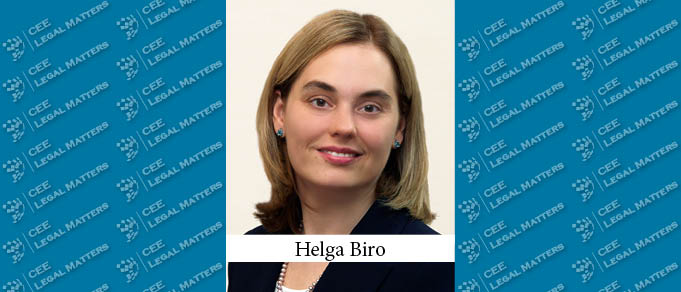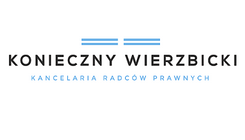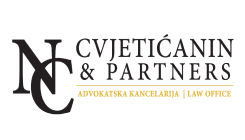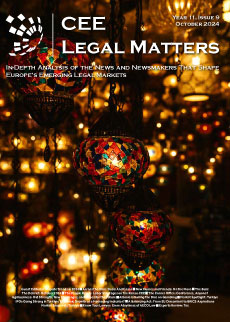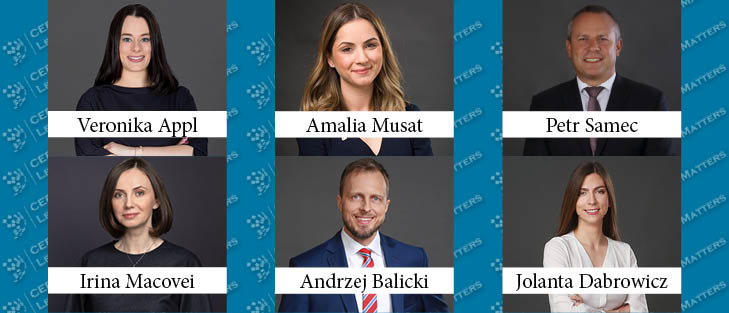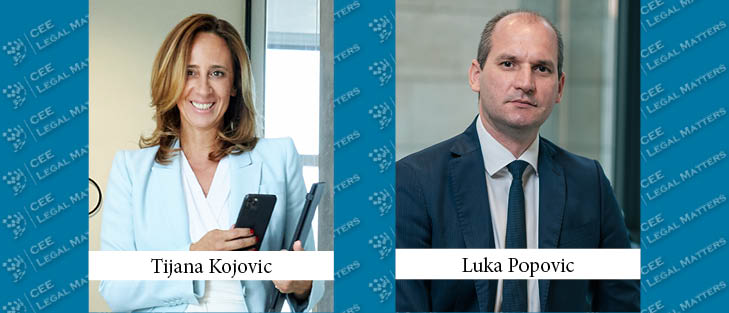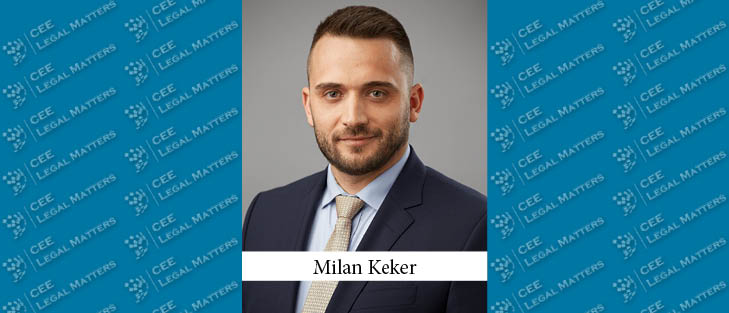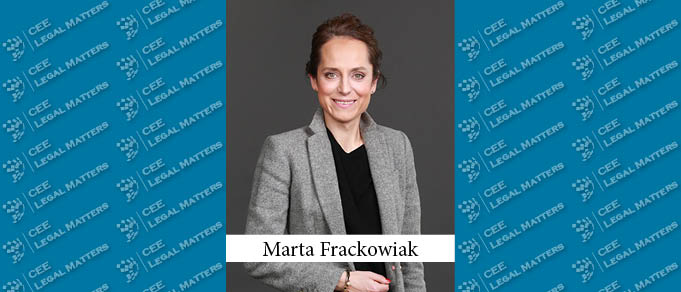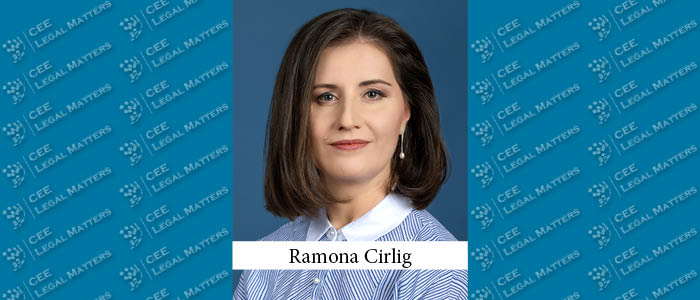Recently published case law from Hungary’s National Institute of Pharmacy and Nutrition – the Hungarian acronym is OGYEI – deals with various aspects of pharmaceutical promotional activities and interactions with health care providers. The OGYEI investigated the commercial practices of Aramis Pharma Kft., Lilly Hungaria Kft., and Sager Pharma Kft., and imposed fines following the discovery of infringements.
Several Types of Contracts Concluded with HCPs for Professional Services were Considered Unlawful Commercial Practices
Contracts involving holding professional trainings for medical sales representatives: The OGYEI objected to contracts which required HCPs to “host” medical sales representatives in a professional role-playing setting and to comment on the performance of the medical sales representatives. In the authority’s view, a professional role-playing scenario is not directly related to the healthcare activities of the HCPs participating in the simulation, and it gave the HCPs’ activity a promotional nature, involved in training sales representatives. Contracts concluded with an HCP to provide professional services may only be concluded for the provision of services closely related to the HCP’s professional activity, and should not serve promotional purposes.
Contracts involving professional presentations with promotional content: The OGYEI objected to contracts involving presentations by an HCP at roundtable events organized by a pharmaceutical company, because the presentations had a promotional nature, as the company’s medicinal products were easily identifiable. The OGYEI found that the aim of these contracts was to facilitate the pharmaceutical company’s commercial practices and promotion of its medicinal products. The authority emphasized that while performing contracts concluded with HCPs for professional speaker services, the use of company-branded presentation materials and backgrounds should be avoided and the presentation should not contain the name of the company, its products, or the company logo or image.
Contracts involving drafting professional articles published in company-branded publications: The OGYEI objected to professional services agreements which required HCPs to prepare professional articles or case reviews to be published in the pharmaceutical company’s own professional publication. The OGYEI found that the publications were of a promotional nature for the following reasons: (i) They were branded, i.e., it was clear from the outset that it was a publication from the pharmaceutical company; (ii) the articles focused on a product of the company and on trials related to that product; and (iii) the company used its own promotional channels to distribute the publication, i.e., medical sales representatives distributed the publications to HCPs and they were also available at company booths at professional events.
The OGYEI ruled that these contractual relationships went beyond the sharing of professional experience of the HCPs, as the performance of these contracts was meant to facilitate the company’s promotional activities.
Speaker services to subordinates of the speaker and presentations overlapping with the professional work duties of HCPs: The OGYEI ruled that speakers’ fees paid for presentations held by HCPs in front of audiences that predominantly consisted of their subordinates in the same department/institution were unlawful. This is because such fees could potentially motivate the speaking HCPs to discuss the sponsoring pharmaceutical company’s products at forums where their subordinates are required to be present, inducing them to follow the recommendations of seniors by applying the presented products in their healthcare practice. In addition, the OGYEI objected to speaking agreements where an HCP had a duty, based on its job description with the hospital, to hold similar presentations at the hospital’s internal meetings (so-called “referral meetings”).
Sponsorship provided to attend conferences abroad: Pharma companies may only sponsor the participation of HCPs at conferences abroad if the participation at the conference is justifiable. The OGYEI argued that the sponsorship of an HCP to attend the Singapore conference of the European Society for Medical Oncology was unreasonable and unlawful, given that there was another ESMO conference in Europe, involving essentially the same topics at the same time.
Pharmaceutical companies are encouraged to take the OGYEI’s case law into account during their daily operations to avoid potential investigations and sanctions, including fines, being imposed by the authority.
By Helga Biro, Co-Head of Pharmaceutical and Healthcare, Baker McKenzie Budapest
This Article was originally published in Issue 8.2 of the CEE Legal Matters Magazine. If you would like to receive a hard copy of the magazine, you can subscribe here.

